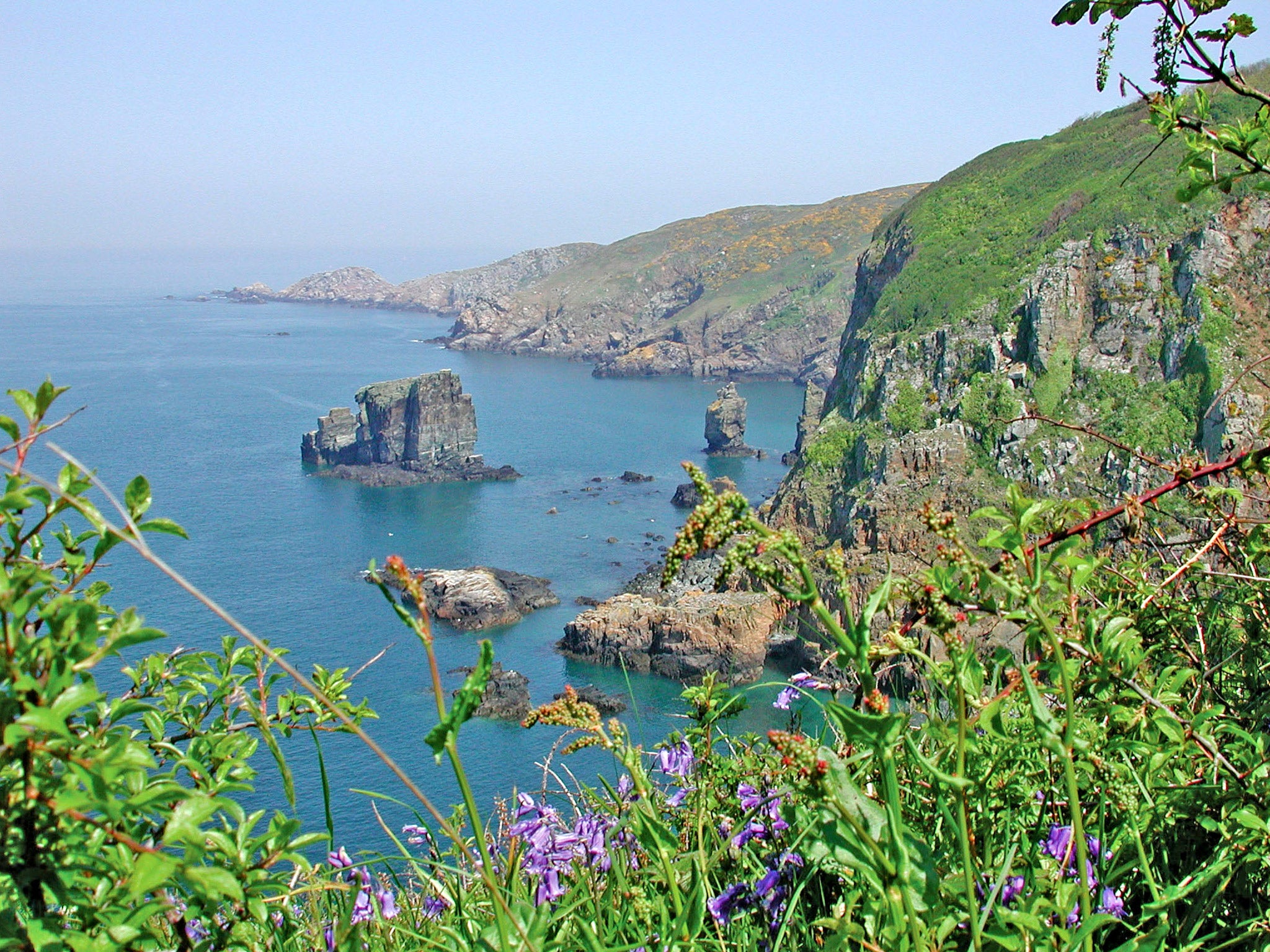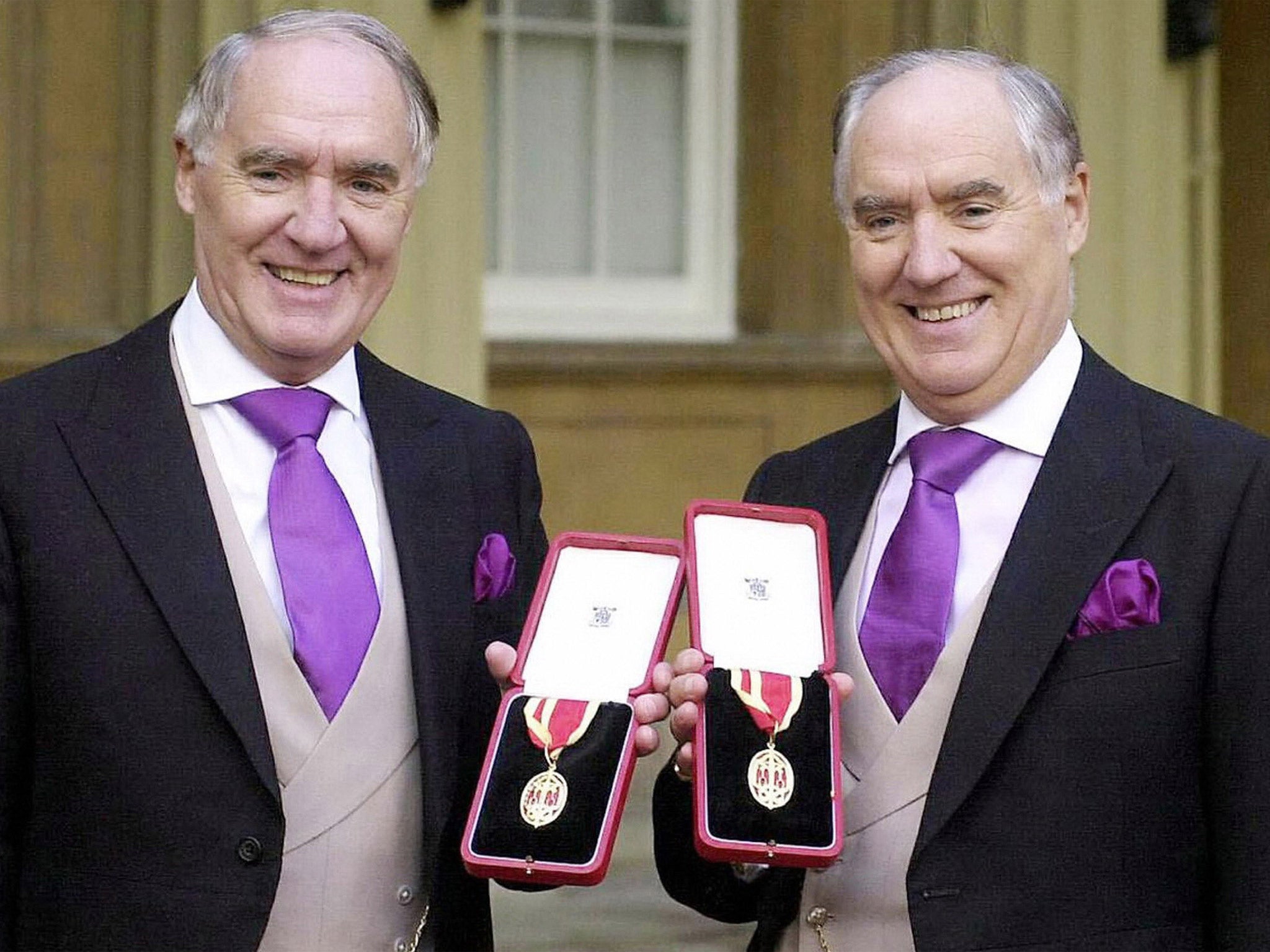A ‘poisonous’ paradise: MPs warn of tensions on isle of Sark
The Barclay brothers, owners of the Telegraph, have invested heavily in a tiny Channel Island – but still face local hostility

The first thing that strikes visitors to Sark, a tiny island in the English Channel just off the coast of Normandy, is the extraordinary sense of old world peace.
Cars are banned and the main way of getting about is either by tractor, horse and cart or bicycling through the bucolic winding lanes.
But bubbling beneath the surface there seethes a “poisonous” conflict between the tycoon owners of Telegraph Media Group and the Ritz hotel, Sir David and Sir Frederick Barclay, and the island’s Parliament, the Chief Pleas.
Today, a report by senior MPs examining the UK’s relationship with its crown dependencies once again raised the prospect of Westminster intervening in the running of the bailiwick as it found further evidence of “intractable discord” in the relationships on Sark.
The Commons Justice Committee – which said it was not taking sides in the dispute – urged those involved to put the bad blood behind them and continue with democratic reforms.
In 2008 a new constitution saw an elected chamber replace The Seigneur, a hereditary overlord who for nearly 400 years prevailed over a feudal parliament of whom the presiding officer The Seneschal was also the island’s chief judge.
Yet what progress there has been since then continues to be slow and acrimonious.
The Barclays, who reside in a mock gothic castle on neighbouring Brecqhou, are the largest investors in the island with considerable economic interests on Sark and are demanding urgent pro-business reform.

But the report said: “Elected conseillers (MPs) complain that they are subjected to threats of legal action against them as individuals and to abusive and intimidating attacks in the Sark Newsletter, edited by the Barclay brothers’ manager on Sark; while the Barclay brothers complain of legislation which they say discriminates against them and pursue legal actions against Island legislation as a consequence of their belief that further constitutional change is necessary.
“This is a very difficult atmosphere in which to work towards a sustainable economic future for the community on Sark.”
Sark Newsletter editor Kevin Delaney, managing director of the Barclays’ businesses on Sark – who has lived there since 2007 – told The Independent that it was time for the UK government to intervene.
He said the publication, which has drawn comparisons between the island – which was occupied by the Germans during the Second World War – and 1930s Germany, was not funded by the Barclays and denied deliberately trying to inflame opinion. “What I try to do is hold up a mirror to the political system that exists on this island and all of its failings,” he said.
Mr Delaney stood for election in 2008 but was defeated. He called for the separation of executive and legislative powers on the island and an end to the influence of the current Seigneur, Michael Beaumont, who retained some powers after the 2008 reforms.
In response to the report, he said: “Matters have reached a point where the Barclay family’s only regret in the whole history of the matter must be that they ever bothered to invest in Sark in the first place. Their hope that an injection of £30m capital into the Island would provide a basis for a viable economy and a long-term future has all but entirely been undone by Sark’s supposedly democratic, but in reality still feudal, one ruling party state.
“Any other community would have welcomed such investment with open arms and gone out of their way to create the conditions for that investment to succeed, but not Sark, which is now experiencing a completely self-imposed economic and social collapse.”
An earlier report by the committee in 2010 concluded that the livelihoods of many of Sark’s people were dependent on the Barclay family.
However, the brothers – who do not visit the island and are not able to vote in its elections – failed to extend this influence as far as the ballot box.
In the first democratic election in 2008, only two of the candidates backed by the Barclays were returned to the Chief Pleas.
Nine of those that featured on a list published by the brothers describing them as “dangerous to Sark’s future” were successful, the 2010 report said.
The day after the election, the Barclays temporarily closed down businesses and stopped a number of building projects.
According to the Committee, 140 of the island’s 600-strong population were thrown out of work until the businesses reopened a few weeks later. Ministers have promised to keep a “watching brief” on governance of Sark.
But in evidence to the committee, the former Liberal Democrat justice minister with responsibility for the crown dependencies said he was unable to give the island a “clean bill of health”.
Lord McNally said: “I understand that it is going to be a slow process, but I think it would be better if we could take some of the poison on both sides out as well, because, as well as the Sark Newsletter, I also see some of the blogs that are alive in the island, which are equally intolerant of the other point of view.”
Gordon Dawes, the Barclay family lawyer in Guernsey, said: “The committee is wrong when it says there are intractable disputes between them personally and Sark. There is no outstanding litigation at all.”
But he did claim that anti-business legislation had specifically targeted Barclay family business interests – most recently a tax on Sark vineyards owed by the family.
In response to questions from The Independent, the Chief Pleas acknowledged the committee’s findings.
It said Sark had been a democracy since 2008 and did not accept the claim that the Barclays were discriminated against in legislation.
“All its (the Chief Pleas) legislation is made through the democratic process with expert input,” it added.
Join our commenting forum
Join thought-provoking conversations, follow other Independent readers and see their replies
Comments
Bookmark popover
Removed from bookmarks